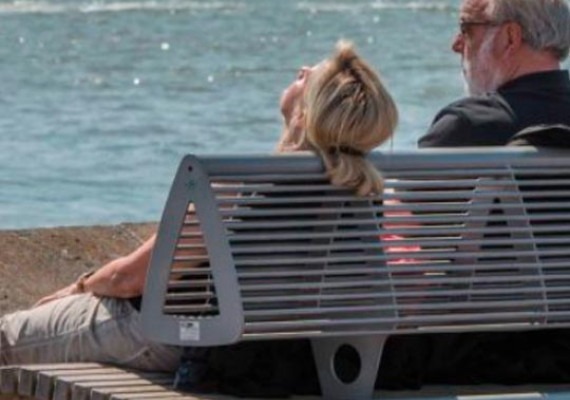SAIL

Stay Active and Independent for Longer in the 2 Seas Area
Priority Axis
Technological and Social InnovationSpecific objective
Social Innovation
Lead partner
HZ University of Applied SciencesContact
Begindatum
01/01/2017Einddatum
31/12/2020Project budget
2 461 885 €ERDF amount
1 477 131 €ERDF rate
60%Over
Common challenge
The partnership took form around the fact that coastal regions in the 2 Seas area deal with specific social, demographic, and economic challenges in relation to ageing. In this area there is a particular mix of ageing people from different age groups: baby boomers, 70-80 years, 80+. This not only includes local elderly, but also an influx of ageing newcomers and visitors of an increasing average age. As this population puts pressure on health and social care systems, it is essential to enable them to stay active and independent for longer, to improve their wellbeing and quality of life which can reduce costs and pressures on care systems. Although coastal regions offer an optimal environment to support a more active lifestyle, public authorities, third sector and local SMEs struggle to maintain local services and facilities that help to facilitate active ageing. Coastal regions also have a large appeal to visitors, who visit them for short and long term stays. The seasonal nature of the visitors however means that facilities and services are frequently underutilised, thereby also having an effect on their availability and profitability.
Overall objective
Main outputs
Cross border approach
Main Achievements
The SAIL partners inspired and supported each other by sharing experiences, thinking together and giving advice. In addition, the project partners have really gotten to know each other; their work, their organisations, their region and their culture. Quite a few have actually become (cross border) friends. The partnership altogether is proud for having overcoming several challenges, such as the language barrier and the covid-19 crisis, resulting in being able to complete the project as envisioned; objectives have been reached and outputs have been delivered.
Examples of key achievements include, for instance, the cross-border cooperation, which was a bit of an issue in the beginning of the project. Pilot managers, in fact, could set up and run their activities without each other but this was strongly improved after the introduction of the buddy system, where pilot managers were linked to each other to regularly exchange information and best practices. This resulted in a strong partnership and even better pilots.
Next, Norfolk Country Council partner managed to implement one of their pilots into the local library, which has been copied to other libraries in the region. AFEJI set up multiple partnerships, including one with the Decathlon sports brand and additional care facilities. Last, the City of Ostend project partner helped other municipalities, such as Ghent, Bruges and Kortrijk to set up activities similar to the Silver Sessions and Silver Routes.
Testimonial
The cross border cooperation, which was a bit of an issue in the beginning of the project as pilot managers could set up and run their activities without each other, was strongly improved after the introduction of the buddy system, where pilot managers were linked to each other to regularly exchange information and best practices. This has resulted in a strong partnership and even better pilots.
